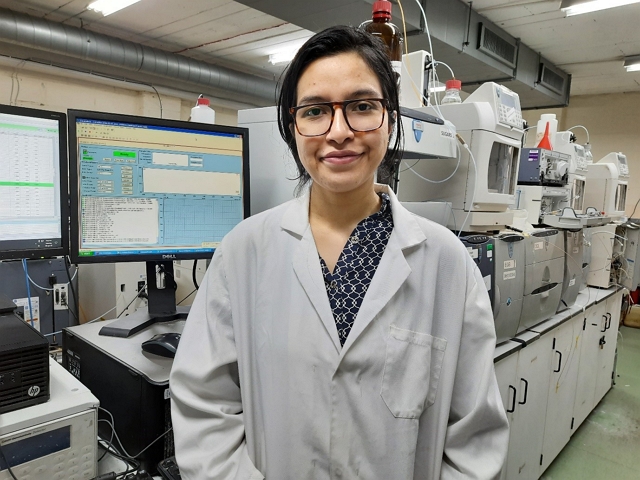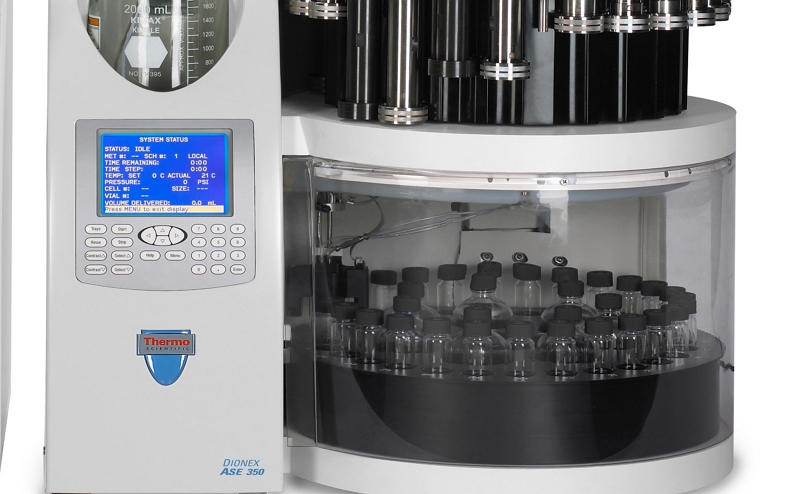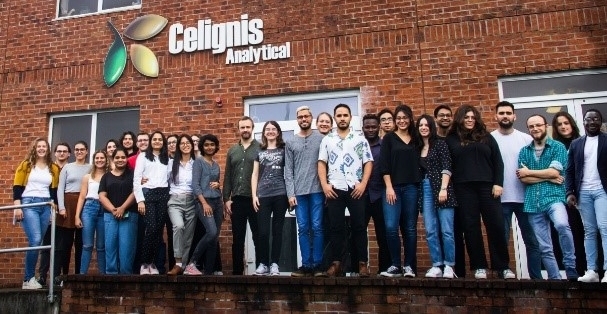Analysis of Tannins
Background
Tannins are a group of compounds belonging to a larger class of substances known as polyphenols, which are a type of antioxidant.
Tannins are found in various plant tissues, including leaves, seeds, bark, wood, and fruit.
They play several key roles in plant physiology, such as protection against predation and contributing to plant growth.
There are two main types of tannins: hydrolyzable tannins and condensed tannins.
Hydrolyzable tannins can be broken down into simpler substances by the action of water and certain enzymes. They are usually complex structures made up of sugar molecules linked to other components such as gallic acid or ellagic acid.
There are two main types of tannins: hydrolyzable tannins and condensed tannins.
Hydrolyzable tannins can be broken down into simpler substances by the action of water and certain enzymes. They are usually complex structures made up of sugar molecules linked to other components such as gallic acid or ellagic acid.
Condensed tannins, also known as proanthocyanidins, are polymers of flavonoid units, and they do not readily hydrolyze.
From a nutritional and health perspective, tannins are often discussed in terms of their antioxidant properties, which can help to neutralize harmful free radicals in the body. However, because they can inhibit the absorption of certain nutrients in the digestive system, they are also considered anti-nutritional factors in some contexts.
In the context of food and beverage, tannins contribute to flavor complexity, color, and the aging process of wine. They also play a role in traditional processes such as the tanning of leather, where they bind to proteins in animal hides and make them resistant to water and microbial damage.
From a nutritional and health perspective, tannins are often discussed in terms of their antioxidant properties, which can help to neutralize harmful free radicals in the body. However, because they can inhibit the absorption of certain nutrients in the digestive system, they are also considered anti-nutritional factors in some contexts.
In the context of food and beverage, tannins contribute to flavor complexity, color, and the aging process of wine. They also play a role in traditional processes such as the tanning of leather, where they bind to proteins in animal hides and make them resistant to water and microbial damage.
Tannins in Different Types of Biomass
Some points regarding tannins in herbal leaf extracts are provided below:
Get more info...Herbal Leaf Extracts
- Plant Types - Herbs like witch hazel, sage, rosemary, and yarrow are known for their high tannin contents.
- Astringency - Tannins in herbal leaf extracts are responsible for the astringent properties of many of these herbs. Astringency is the drying, tightening, and sometimes puckering sensation that you experience when you consume certain foods or drinks. For example, it's the tannins that give black tea, red wine, and certain fruits like unripe apples or persimmons their characteristic mouthfeel.
- Hydrolyzable Tannins - These are found in some herbs like witch hazel (Hamamelis virginiana). Two types of phenolic acids commonly found in hydrolyzable tannins are gallic acid and ellagic acid.
Get more info...Herbal Leaf Extracts
Some points regarding tannins in bark are provided below:
Get more info...Bark
- Role - Tannins play essential roles in the tree's defenses against pests and diseases, and they contribute to the tree's growth and repair.
- Hydrolysable Tannins - These tannins can be hydrolyzed into simpler phenolic compounds, such as gallic acid or ellagic acid, and a sugar molecule. They are found in the bark of many tree species, including oak, chestnut, and myrobalan.
- Condensed Tannins - Also known as proanthocyanidins, these tannins are polymers of flavonoid units and are not readily hydrolysed. They are found in high quantities in the bark of some trees, like pine and spruce.
- Industry Applications - Bark tannins are widely used in industry. For instance, the bark of oak trees is a major source of tannins used in the tanning of leather. During the tanning process, the tannins bind to the collagen proteins in the animal hides, making them resistant to decomposition and conferring durability.
- Health Applications - Bark tannins have antioxidant properties and potential antimicrobial, antiviral, and anticancer effects.
Get more info...Bark
Phlorotannins are the main tannins in brown seaweed, being unique to this biomass type. The content of these compounds can vary
significantly depending on the seaweed species, the stage of growth, and environmental factors such as sunlight, temperature,
and nutrient availability. Some of the the different types of phlorotannins
seen in brown seaweed are described below:
Get more info...Brown Seaweed
- Phlorethols - These are phlorotannins where the phloroglucinol units are connected by ether linkages. An example of a phlorethol found in brown seaweeds like Fucus vesiculosus (bladderwrack) is tetraphlorethol A.
- Fuhalols and Fucols - Fuhalols are similar to phlorethols but have additional hydroxyl groups. Fucols, on the other hand, consist of phloroglucinol units linked through aryl-aryl bonds. An example of a fucol is trihydroxyfucol, which has been found in species like Ascophyllum nodosum (knotted wrack).
- Eckols - These phlorotannins contain a dibenzodioxin linkage. An example is eckol, which has been identified in Ecklonia cava, a type of brown seaweed common in Korea and Japan.
- Carpotannins - These are a group of phlorotannins with a unique structure, where the phloroglucinol units are linked through both aryl-aryl and ether bonds. An example of this type is carpogel, found in Carpomitra costata.
- Fucophlorethols - These are complex phlorotannins where fucol and phlorethol units are connected through ether linkages.
Get more info...Brown Seaweed
Extraction of Tannins from Biomass
The extraction process, including the solvents and methods used, can influence the concentration and types of tannins present in the final extract.
It is often the case that a balance needs to be found between fully-extracting all tannins while also ensuring that the compounds that are
obtained are of a high quality and not degraded.
At Celignis we have extensive experience in the design and optimisation of extraction protocols for a wide variety of chemical constituents from many different biomass types. If needed we can also work on processes to separate and purify the target compounds.
Click here to read more about Celignis's Bioprocess Development Services for the extraction of chemicals from biomass.
Get more info...Biomass Extractions
At Celignis we have extensive experience in the design and optimisation of extraction protocols for a wide variety of chemical constituents from many different biomass types. If needed we can also work on processes to separate and purify the target compounds.
Click here to read more about Celignis's Bioprocess Development Services for the extraction of chemicals from biomass.
Get more info...Biomass Extractions
Analysis of Tannins at Celignis
We have the necessary equipment and expertise to determine the amount and distribution of tannins in
a wide variety of biomass samples.
Feel free to get in touch with us to request further information and a quotation.
Request a QuoteTannins Analysis
Feel free to get in touch with us to request further information and a quotation.
Request a QuoteTannins Analysis








